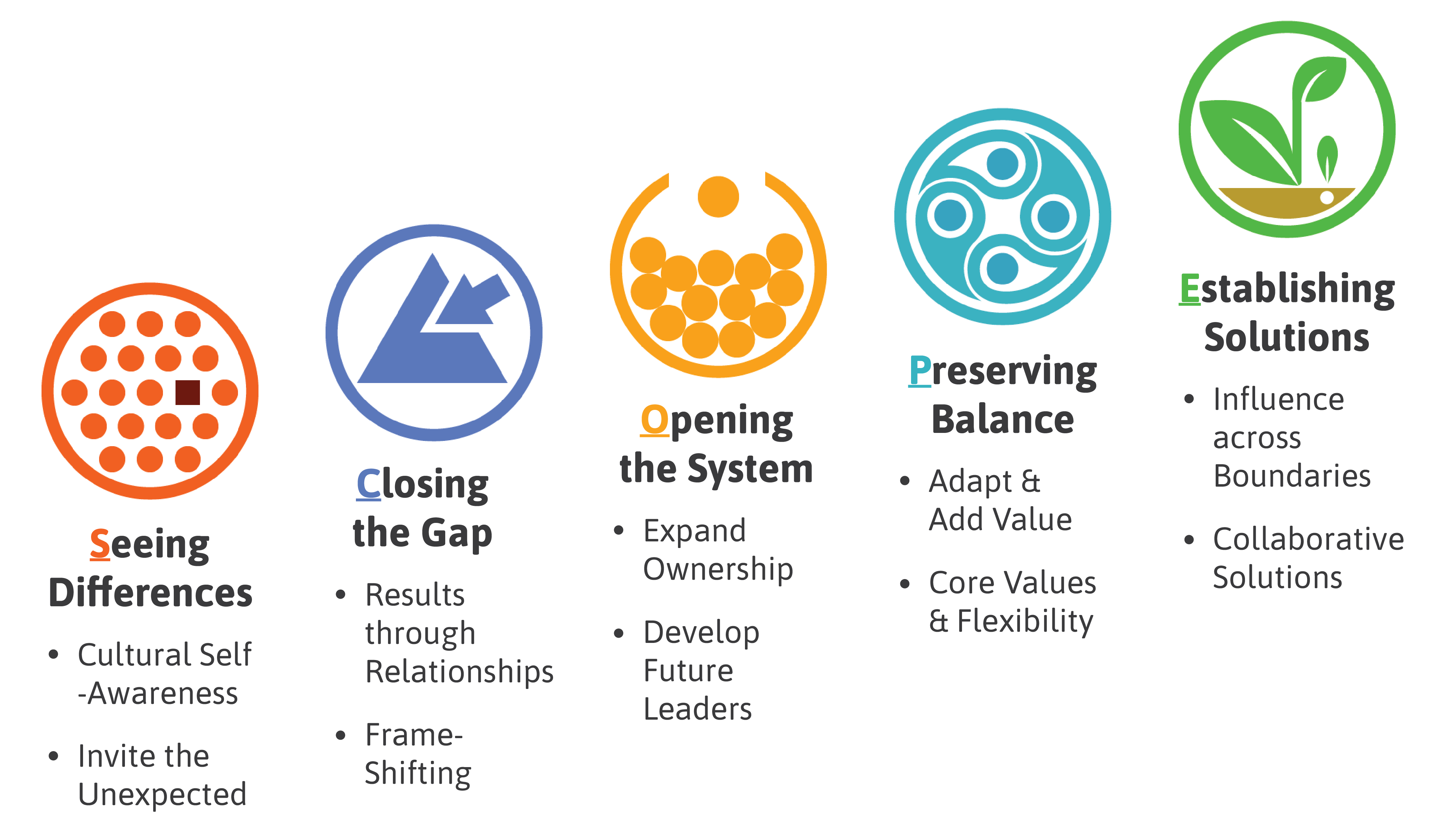
Stories Talk | Presentation Skills and Effective Storytelling
Stories Talk | Presentation Skills and Effective Storytelling
#Leader #BeaLeader #leadership
By Stella Rapti
Translated by Alexandros Theodoropoulos
A true leader, as an integral part of the social function – pretty often as even the modulator of society, is called to foresee the signs of their time, to absorb them and above all to integrate them in their daily activity and thought. In the midst of economic crises of great or less intensity, local or global - and primarily in the midst of unpredictable upheavals with global repercussions, it is no coincidence that the term VUCA is perhaps the greatest challenge and opportunity for the Leader of the New Age.
Volatile, Uncertain, Complex, Ambiguous; these are the characteristics of the global business field as it will be shaped in a post-pandemic world, where the leader will be called upon to respond and adapt.
One could count on the firm values of leadership to move forward to the future with confidence. Vision, integrity, goal setting and focus on results in relation to holistic customer satisfaction will remain on the list of the core characteristics of a global leader.
In the last two years, these firm values have been considered as truly important in the global economic and social level, as they have emerged five new characteristics which a great future leader must have.
1. Universal Way of Thinking
Until today, even multinational companies based their strategic planning on their headquarters, in the country of their creation. However, the tendency of economic markets to interact and be interdependent has consolidated the need for leaders to understand both the economic implications of globalization and its legal and political implications.
Previous service in many different countries and continents with different economic systems is now considered a competitive advantage. The globalization of trade, technology and production lines, the global nature of modern marketing and sales methods force the leader to think supra-locally to control his product that can be designed in Italy, produced in Indonesia, promoted digitally in India and sold in Brazil.
2. Respect and Appreciation of Diversity
The globalization of the market combined with the opportunities for teleworking from anywhere in the world has led to the formation of talented teams from different places, cultures and religions.
Respect for diversity shouldn’t be considered an obligation. It’s a huge opportunity to cultivate tolerance on a personal level but above all, to utilize talents in business. There are many companies that "culturally" prepare their executives for their installation in other countries.
So, for example, Americans and Europeans study Korean or Japanese culture at the same time with the financial details before their long journey. Understanding the culture of the people who will host them helps them to know what motivates these employees and what helps them reach their maximum efficiency.

3. Digital Knowledge
In the age of the Digital Revolution, it’s taken for granted that a leader has got extensive technological skills and knowledge. Particularly young leaders who are born and raised in the era of technology, are more familiar with the speed of evolution as well as the application of digital systems, compared to older leaders who are called to learn and adapt to a rapid pace of knowledge and training.
Undoubtedly, technological development is part of the "core business" and leaders who say that this part doesn’t concern them or that they are too busy to deal seriously with new tools will soon be decommissioned. So should a future leader be either a charismatic technician or a programmer? Not at all!
Regardless of the age, a future leader must:
4. Building Strategic Partnership Relations
Downsizing, upscaling and restructuring of companies is a reality in the global business field. This fact combined with the rapid development of technology forces companies to seek strategic partnerships that complement their field of activity. The leader's ability to negotiate complex alliances and manage complex relationship networks is a key asset.
In the past, "allies" and "enemies" used to move between very limited realms. Consequently, it was easy to set up a business strategy. Today, a partner can be both a customer and a supplier. In this new world, the big question is to build positive, long-term and mutually beneficial relationships with many "allies".
5. Sharing of Leadership
In the modern VUCA world the model of tight top-to-down hierarchy seems old fashioned and inadequate. Leaders who know everything and decide for themselves, impose top to bottom their way for doing things, but they don’t inspire. Easily adaptable and flexible models that promote sharing leadership horizontally are more suited to millennials and Gen Z employees who appreciate and need flexibility, relaxation, and teamwork as opposed to forced strategies and decisions.
The New World Leader is called upon to adapt to the fact that he is not omnipotent, that his associates know their subject better and that knowledge workers can’t do their best when they are told what to do. They want to receive information, to participate in the leadership model and to be provided with challenges and opportunities.
The mechanism for capturing the success of a world leader is already established in conditions of uncertainty, economic and social instability. Global Leaders, as role models, will be the set of their abilities, skills and inner resilience to the challenges of the future.